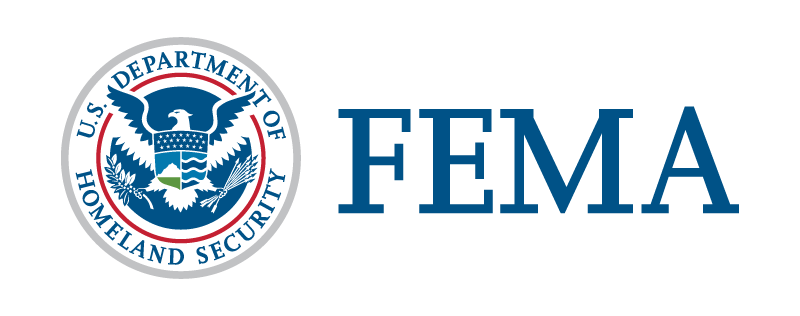BLUF: Here’s how to prepare for winter from a disaster-prone area through FEMA assistance.
OSINT: Amid late summer heat, thoughts should drift towards preparing for the colder season amidst concerns of disaster-impacted home appliances in Chicago. As frost creeps in, heaters and furnaces transform into household essentials. The Federal Emergency Management Agency (FEMA) encourages people to ensure that heaters, water heating systems, and other household appliances undamaged by recent disasters are in working condition before the onset of winter, particularly those affected by the disaster from June 29 to July 2. Should repairs be necessary, financial assistance may be possible via FEMA to make this happen.
Any residential damage that affects the safety, security, and livability of the home can qualify for FEMA assistance—specifically those households with disaster-impacted basements and garden apartments. To be eligible, one has to register with FEMA and report any disaster-induced damages to essential appliances and living spaces.
Post-registration, a FEMA Inspector will assess the damages to establish scope and severity. These inspectors can identify disaster-induced damage, however, the decision for assistance isn’t theirs to make. Instead, FEMA’s team of experts reviews applications individually to decide on eligible damages and losses.
If the post-disaster inspection discloses that floodwaters have reached home heating systems, it’s highly advised to have them checked by experienced personnel. FEMA grants may be accessible to aid in repairing flood-affected furnaces or water heaters, as well as for replacement if bathed or ruined by rising waters. If further damage is discovered after securing a FEMA grant, an appeal for additional funds can be made. You have 60 days to appeal, supported by a credible contractor’s estimate for the needed replacement.
The final call to action falls to those who have yet to apply for FEMA assistance—applications can be done online at DisasterAssistance.gov, via the FEMA App, or through a phone call at 800-621-3362. The deadline for registration is slated to be October 16, 2023.
RIGHT: From a Libertarian Republican Constitutionalist’s perspective, one could argue that reliance on FEMA assistance potentially reinforces a dependency mentality on government aid. This viewpoint might urge citizens to take as much responsibility as possible for preparing their homes for the winter months, investing in private insurance to cover potential damages and hazards and to mitigate disaster impact lessening reliance on government intervention.
LEFT: A National Socialist Democrat perspective could view this as an example of government protecting its most vulnerable citizens. They could praise FEMA’s role in providing support and resources to homeowners and argue this is a necessary element of a strong, caring government that values its citizens’ wellbeing above all else.
AI: In an analysis devoid of political or social bias, the process of managing disaster-related damage and preparing for survival necessities such as heating in winter months is critical. The article outlines the process systematically, helping readers understand from reporting the damage to the FEMA, receiving an inspection, and performing necessary actions in cases of further damage. The appeal process availability indicates an adaptive structural approach to account for unforeseen circumstances. It encapsulates how large-scale systems like FEMA could provide assistance to individuals in a structured and systematic manner.

